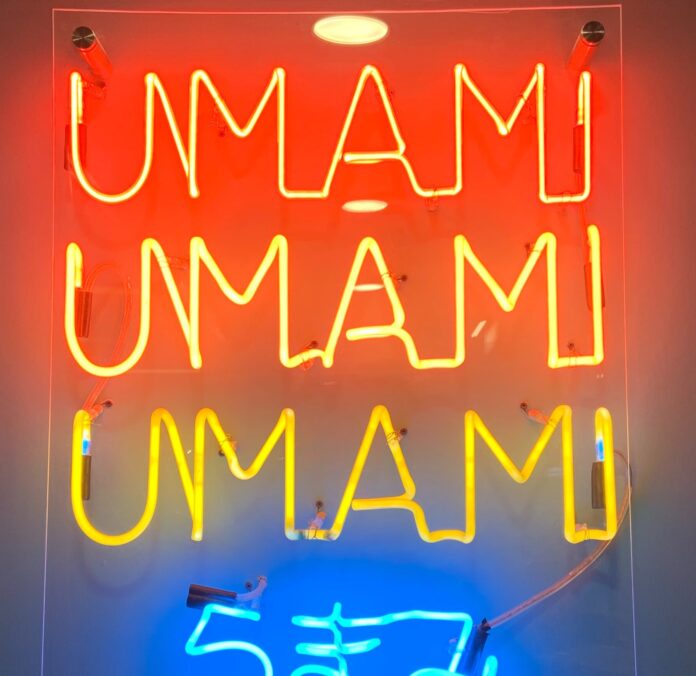It seems that the use of ‘umami’ to describe a somewhat elusive taste-related quality has become extra popular in recent years. This mysterious ‘fifth taste’ has been stirring up debates in kitchens and foodie circles everywhere. Is it a real taste or just a culinary fairy tale? And does it measure up to its four famous siblings? Let’s explore.
In a way, umami is like the cool kid who came fashionably late to the party. It wasn’t until the early 20th century that Japanese scientist Kikunae Ikeda gave umami its pass to the taste bud club, recognizing this unique savory flavor as a legitimate member.
The source of umami is glutamate, a natural amino acid found in foods like meat, mushrooms, shellfish, aged cheeses, and of course, MSG. Yes—the very same seasoning that’s been causing culinary scandals is essentially concentrated umami.
Skeptics argue that umami is nothing but a fancy word for deliciousness, often namedropped by food snobs to sound sophisticated. Others swear by its existence, claiming umami is the magical ingredient that elevates a dish from “good” to “OMG.”
Whether you’re an umami enthusiast or an eternal skeptic, one thing’s for sure – it adds an extra yumminess to your food. So, is umami a real taste? According to current scientific research, the answer would be yes. However, it remains a mysterious unicorn to many. Try it and let your taste buds judge.







